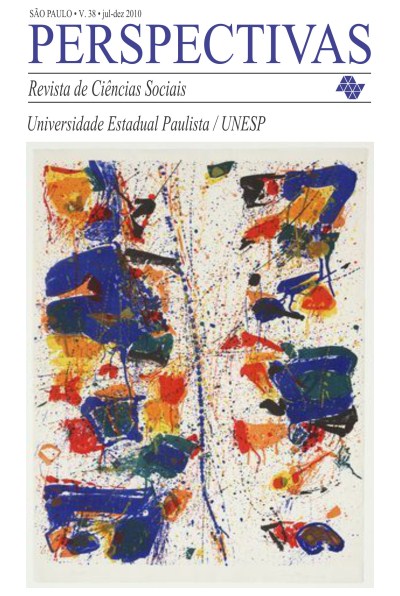The critique of modernity and the “weberian marxism”: aspects of Michael Löwy’s undisciplined path
Keywords:
Michael Löwy, Critique of modernity, Critique of progress, “Weberian Marxism”,Abstract
In his intellectual life – which includes several areas of the Humanities – Michael Löwy distinguished himself for the capacity of establishing a rich dialogue between different traditions in the social thought. Starting from this assessment, the article presents and organizes some decisive aspects of the theoretical and intellectual trajectory of Michael Löwy, emphasizing especially: 1) the importance of his intellectual education in Brazil during the 1950s for the development of a non-dogmatic interpretation of Marxism; and 2) his incorporation of dialectics in the Weberian diagnostic of modernity. The article argues that this “open” interpretation of Marxism allowed him to re-interpret authors from the past – such as Marx and Weber –, from the perspective of the historical and intellectual possibilities of the contemporary scenario. This disposition to face the challenges of the present, without abandoning the perspectives of the past, attest the importance of Löwy’s work for the social sciences and, more specifically, for the contemporary Marxism.Downloads
Issue
Section
Pensamento político, crítica da modernidade e ciências sociais

